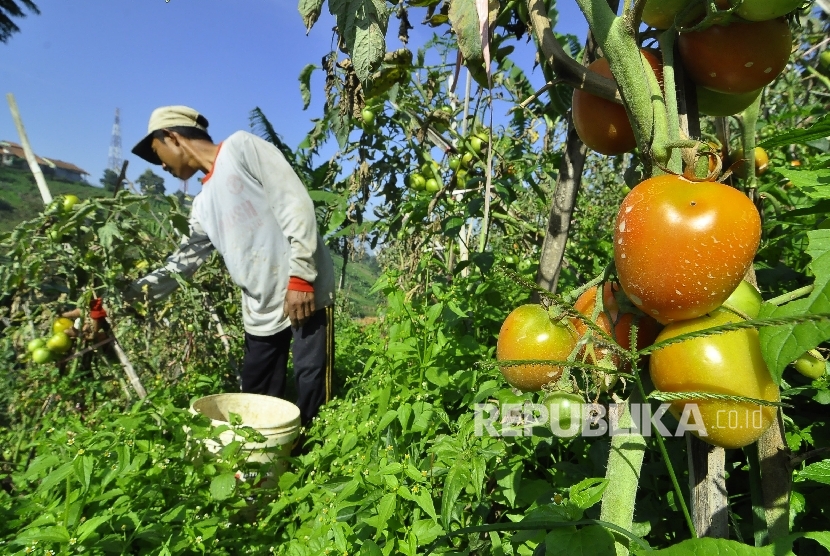REPUBLIKA.CO.ID, JAKARTA -- Indonesia and G33 countries have called for greater attention of the World Trade Organization (WTO) to food security and sovereignty.
Indonesia and G33 sought to draw world attention to the fate of small and poor farmers in developing nations at a workshop held in Geneva on May 31, Indonesian representative in Geneva said in a news release received here on Thursday.
The workshop with theme "Delivering Development in MC11: Public Stock holding for Food Security Purposes (PSH) and Special Safeguard Mechanism (SSM)" was held by the G33, which is a coalition of 47 developing countries among WTO members.
The workshop opened on Wednesday by WTO Director General Roberto Azevedo was aimed at seeking to stress the importance of SSM and PSH instruments as a safety network to protect small and poor farmers in developing nations and to bring to reality food security and rural development," Indonesian ambassador in Geneva Hasan Kleib said.
G33, led by Indonesia, is a group of developing countries seeking for recognition of the rights of developing nations to enable them to support small and poor farmers in their respective countries, Hasan Kleib said.
The Indonesian government blamed the suffering of small farmers in developing nations partly to open market policy, the ambassador said.
"The condition is worse for the farmer with their weak competitiveness of their products facing imported products, which are subsidized," he said.
He said the workshop is expected to contribute to the process of negotiations on related issue at WTO.
The ambassador said WTO members are negotiating on the form and format of SSM and PSH acceptable especially in the context of the holding of the 11th WTO ministerial conference to be held in Buenos Aires in December this year.
SSM is an instrument to protect small and poor farmers from the impact of the flood of imports and PSH is an instrument to protect small and poor farmers through the mechanism of buying and selling by the government domestic farm products.
For Indonesia, agreement on the SSM and PSH instruments at WTO would give room for wider opportunity for the government to implement policy to better guarantee food security and sovereignty through program of empowering small and poor farmers.
Among the problems still faced by the Indonesian government is many small and poor farmers that need government support. A survey by the Central Bureau of Statistics (BPS) in 2016 showed that more than 62 percent of 27.76 poor families in the country are in rural areas with 37.76 percent or 10.5 million in urban areas.


